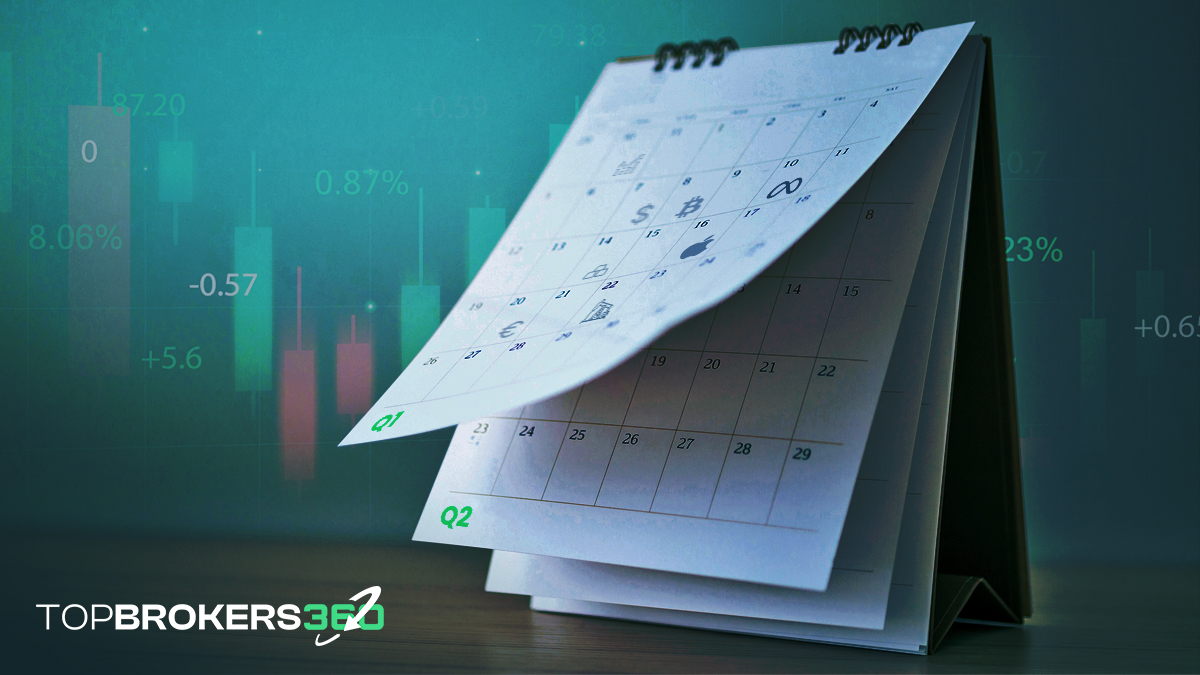CFD trading is a dynamic way to access various financial markets, particularly forex, allowing traders to capitalize on price movements without owning the underlying asset. With the right strategies, traders can improve their chances of making well-informed trades and managing risks effectively.
Below, we’ll explore key CFD trading strategies and actionable tips to elevate your approach. If you are new to CFD trading, start with our introduction to CFD trading basics to solidify your understanding.
CFD Trading Strategies to Consider

Scalping Strategy
Scalping involves making multiple small trades in short timeframes, aiming for minor price changes. This is especially popular in forex trading, where rapid price movements can yield quick gains. The key to scalping is speed and precision, often best practiced initially with a forex trading demo account to hone your skills.
Swing Trading
Aiming to capture price 'swings' over several days or weeks, swing trading is a medium-term approach that’s well-suited to those who cannot monitor the markets constantly. Swing traders typically use technical analysis, relying on indicators like the Relative Strength Index (RSI) and Moving Average Convergence Divergence (MACD) to identify entry and exit points.
Contrarian Trading
Contrarian traders go against prevailing market trends, buying when the majority are selling and vice versa. This strategy requires thorough market research and a solid understanding of the assets being traded. It’s a high-risk approach that’s often suited to experienced traders with a deep grasp of market sentiment.
Breakout Strategy
The breakout strategy is all about capitalizing on price movements when an asset breaks through a defined support or resistance level. When this occurs, it often leads to heightened volatility, providing potential entry points for traders. Practicing breakout strategies on a forex trading demo account can help identify optimal times to enter or exit trades.
News Trading
News trading leverages economic data releases, corporate earnings, and political events to make informed trades. By staying updated on global events, particularly those affecting forex markets, traders can position themselves to react to shifts in market sentiment. Note, however, that news trading requires swift action, as prices can change rapidly.

Risk Management Tips for CFD Trading
While effective strategies are essential, understanding risk management is equally crucial. Here are some tips to help manage your exposure:
- Use Stop-Loss Orders Wisely:
Setting a stop-loss order is crucial in protecting your capital. Decide on your acceptable loss limit for each trade and stick to it, especially if you’re using leveraged positions. This way, you control potential losses before they spiral out of hand. Use brokers that offer this as an option to help avoid losses.
- Avoid Overleveraging:
Leverage can amplify both profits and losses, so it’s vital to use it with caution. Start with smaller amounts, particularly on your demo account, to understand how leverage affects your trades. Remember, successful forex trading strategies often involve restraint with leverage.
- Diversify Your Portfolio:
By diversifying your trades across different forex pairs, commodities, or indices, you spread out risk. Diversification helps reduce dependency on a single market, making your overall strategy more resilient to fluctuations.
Top Tips for CFD Trading Success

For consistent growth, blending strategy with smart habits is essential:
- Use Forex Trading Demo Accounts for Practice:
A demo account lets you practice trading strategies risk-free, giving you valuable experience in spotting trade setups, managing leverage, and applying stop-loss orders.
- Keep a Trading Journal:
Documenting your trades is crucial for growth. Track your trades, entry/exit points, and strategies. This record provides insight into what works best for you and helps refine your trading approach.
- Stay Informed on Market News:
Keep up-to-date on news and events affecting forex and other CFD markets. Information is power in CFD trading, so knowing how news impacts the market can help you stay a step ahead.
Success in CFD trading requires the right mix of strategy, practice, and discipline. Applying these strategies, while keeping risk management in mind, will help you build a more robust trading approach.
➟ Don’t forget to check out our guides on trading for additional insights as you continue to develop your skills.




















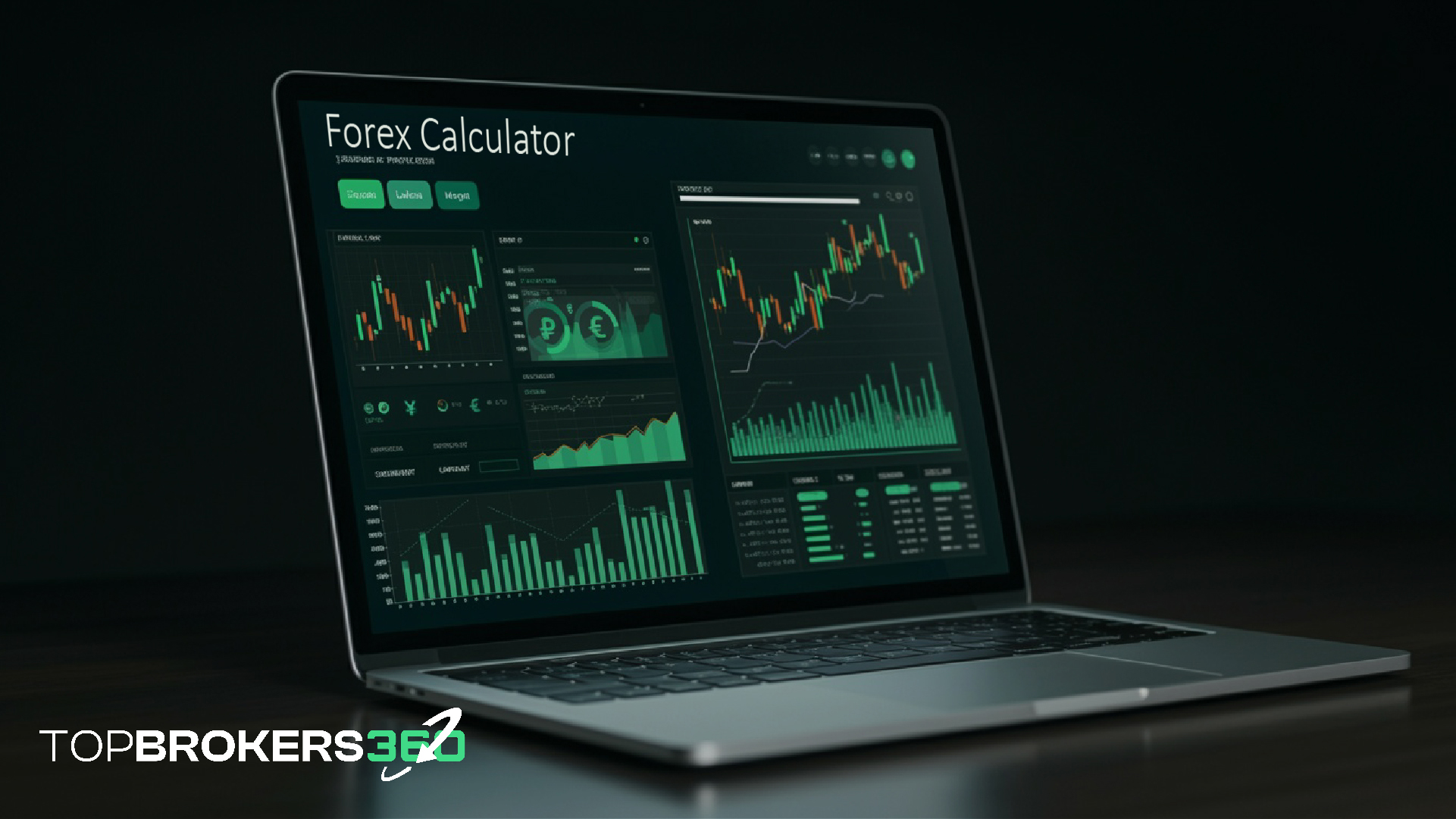






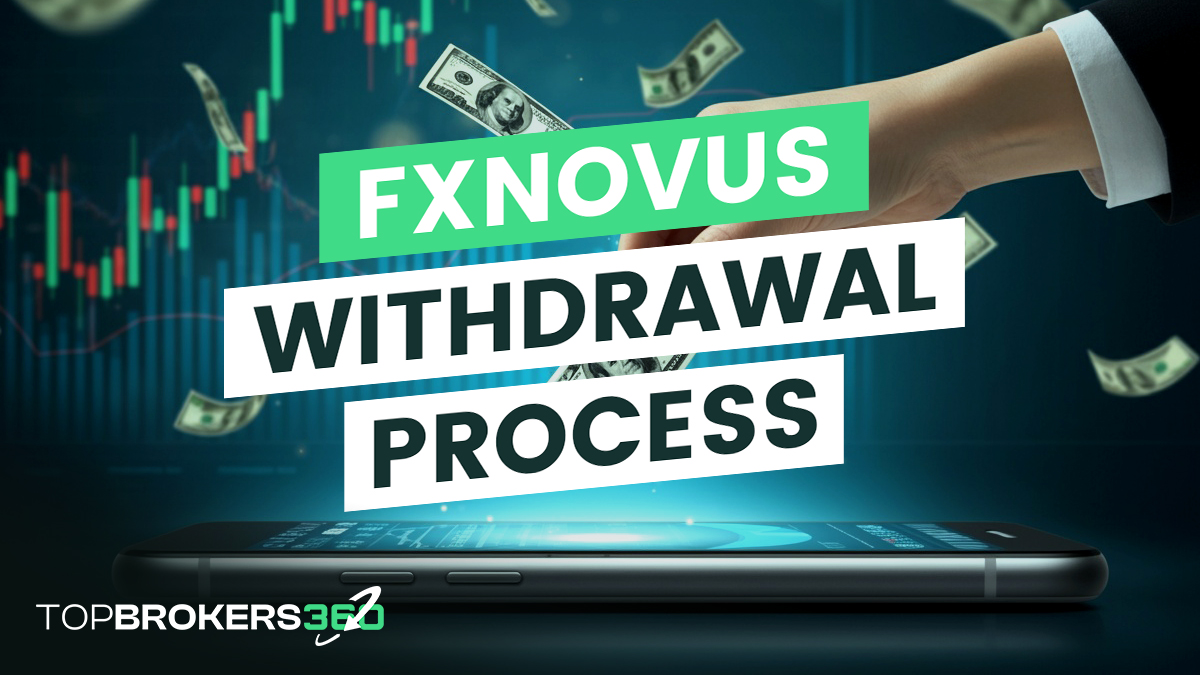


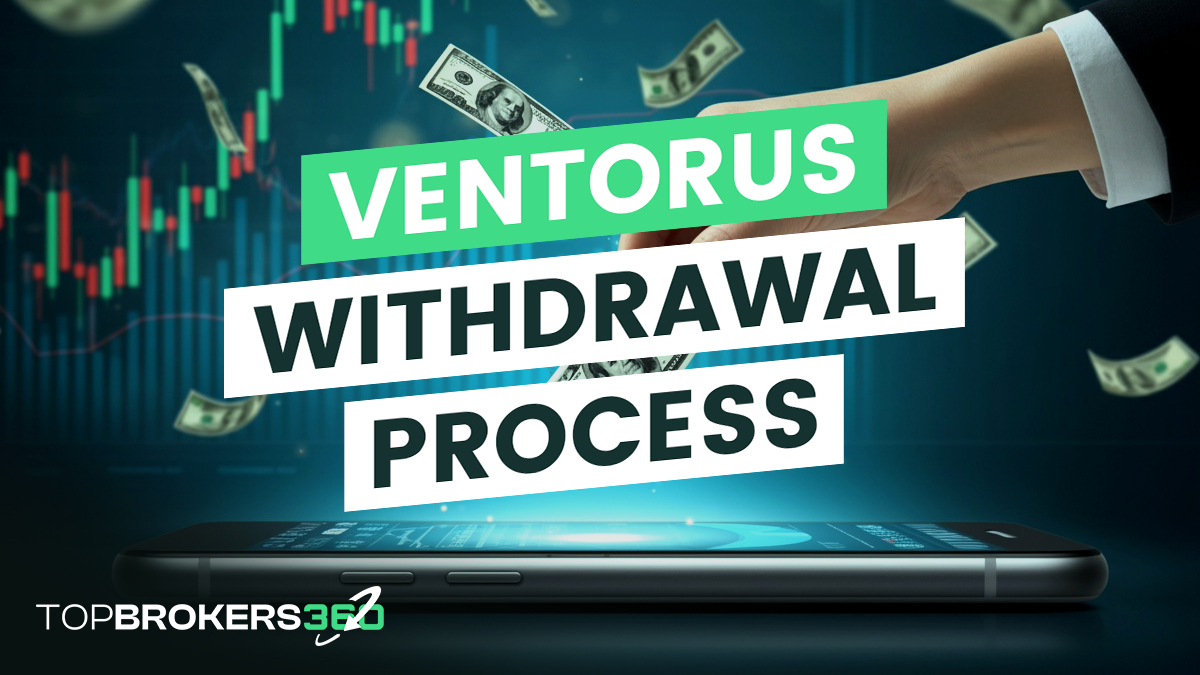

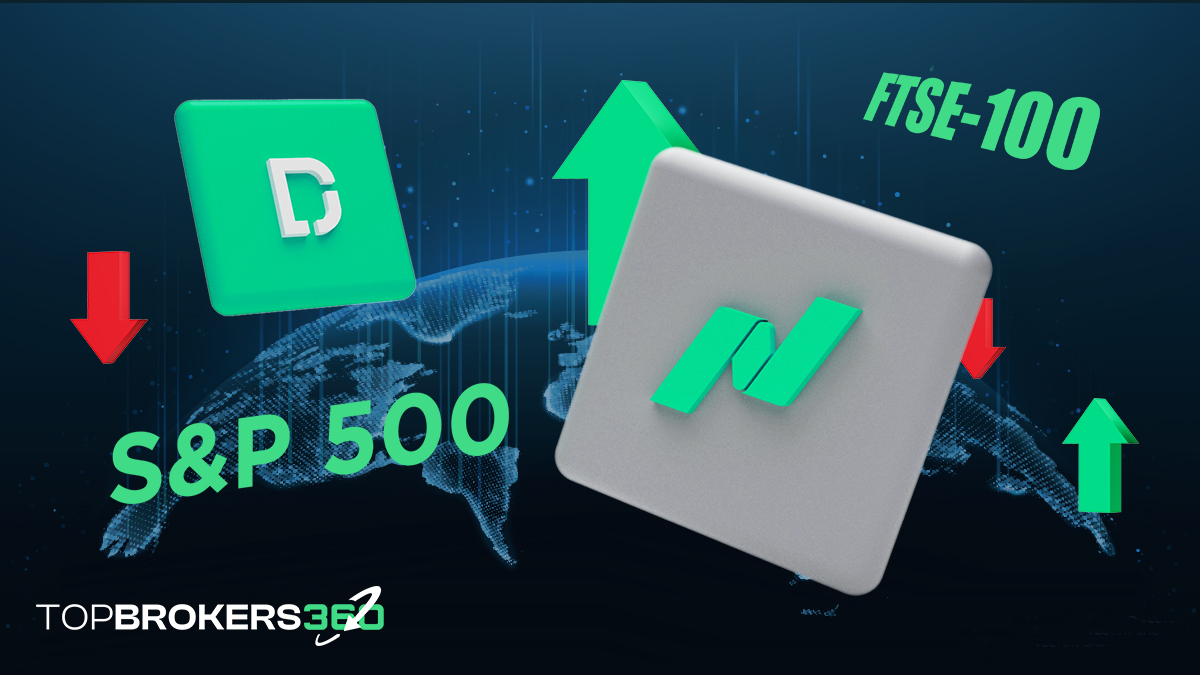




![Weekly Economic Overview [05.07.24]: S&P 500, NASDAQ, Tesla, and Apple](https://www.topbrokers360.com/wp-content/uploads/2024/07/Weekly_Update_Thumbnail_5.jpg)

![Weekly Economic Overview [28.06.24]: US Stock Market Trends, Inflation Insights, and NVIDIA Analysis](https://www.topbrokers360.com/wp-content/uploads/2024/06/Weekly_Update_Thumbnail_4.jpg)








